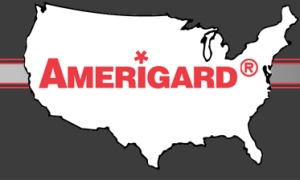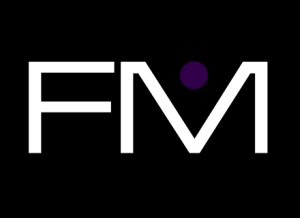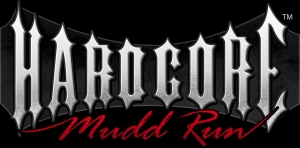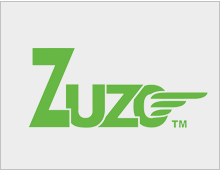Here are some important points to consider when selecting a trademark attorney:
1. Make sure that you are comfortable with the attorney. If you don’t have a good feeling about the attorney you’re speaking with, you shouldn’t hire them. One of our clients had a bad feeling about an attorney, but hired him anyway. That attorney estimated drafting fees of $1,500, then invoiced the client over $7,000 for an office action response that should have cost no more than $1,000.
2. Is the attorney knowledgeable? Does he or she specialize in the field? Everyone has to start somewhere, but you will want to know that your attorney is not learning how to file a trademark application on your dime. Specialization saves time, money, and headaches.
3. Find out if the attorney does flat fee billing. Flat fees afford clients with cost certainty. Your trademark lawyer should be willing to offer trademark registration services on a flat fee basis.
4. Will the attorney give you a free consultation? Your attorney should be willing to spend some time explaining how the trademark application process works, and shouldn’t charge you for it. The free consultation is a little like speed dating, without the awkwardness of speed dating. You’ll learn a bit about the law, and you’ll also get to know if the attorney is a good fit.
5. Did the attorney explain your clearance options? Although people think of the trademark application process as a filing process, it is more about clearance. Clearance is where trademark attorneys earn their fees. A service that offers trademark filings without explaining clearance options is a trap for the unwary. A clear trademark is one that’s available for registration and use.
6. Does the attorney use a reputable trademark clearance company for a comprehensive clearance search? Not all searches are created equal. Some online trademark services offer so-called comprehensive searches that are little more than glorified Google searches. Companies such as Thomson Compumark and CSC Global are considered industry leaders at producing trademark search reports. These reports leverage relationships with numerous trademark and business databases and are truly comprehensive. You get what you pay for.
7. Who will be filing your trademark application? You have a right to know. Is it an attorney or a paralegal? Is the work being outsourced to India? If you filled out an automated form, will an attorney be reviewing that form before submitting an application to the PTO?
8. Are there additional charges for responding to office actions? Most trademark applications result in office actions — some minor, some substantive. If there is an office action, do you have to pay more?
Remember, if you’re not comfortable with the attorney, find another attorney. Also, cheaper does not mean better — it means cheaper. Costlier is not necessarily better either, but good attorneys exist in the middle who will advise you well and get you on your way to registering and using your trademark.
